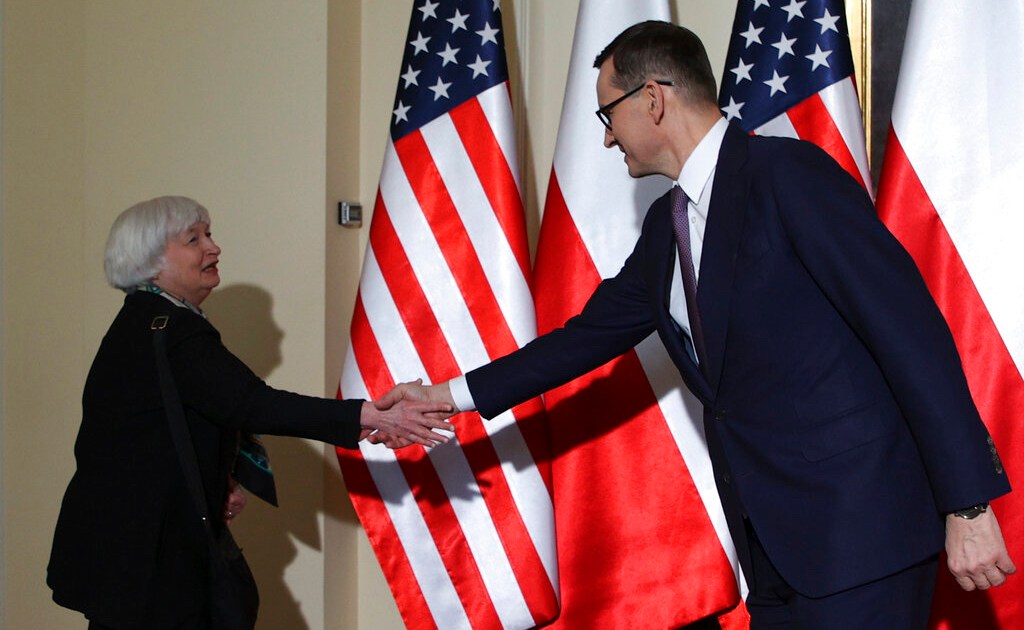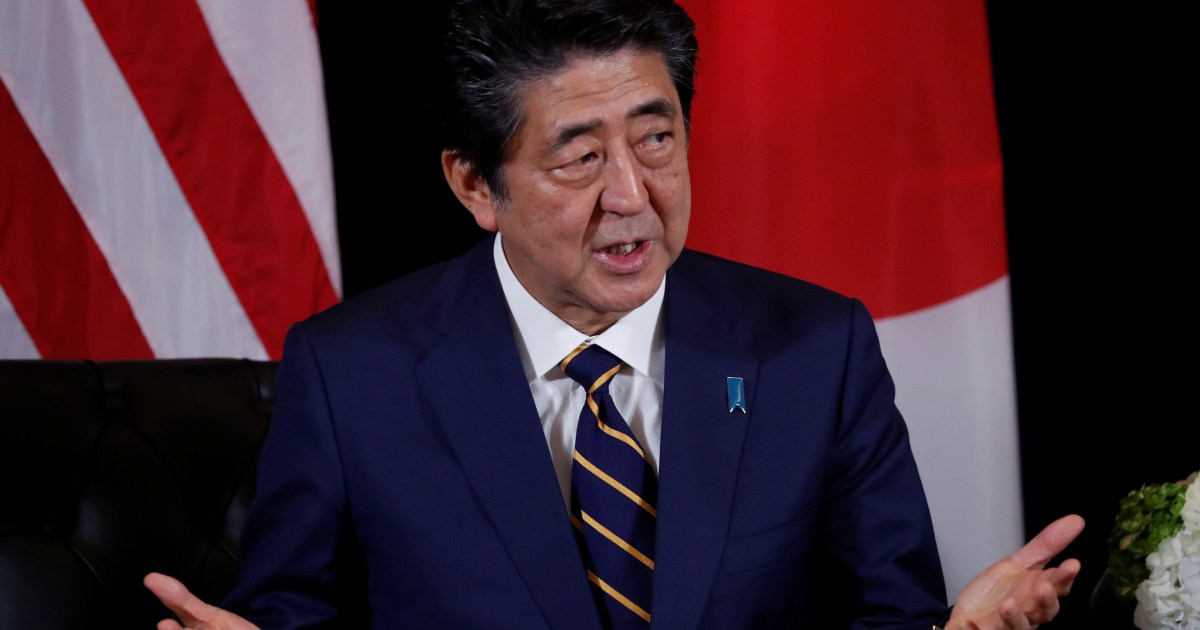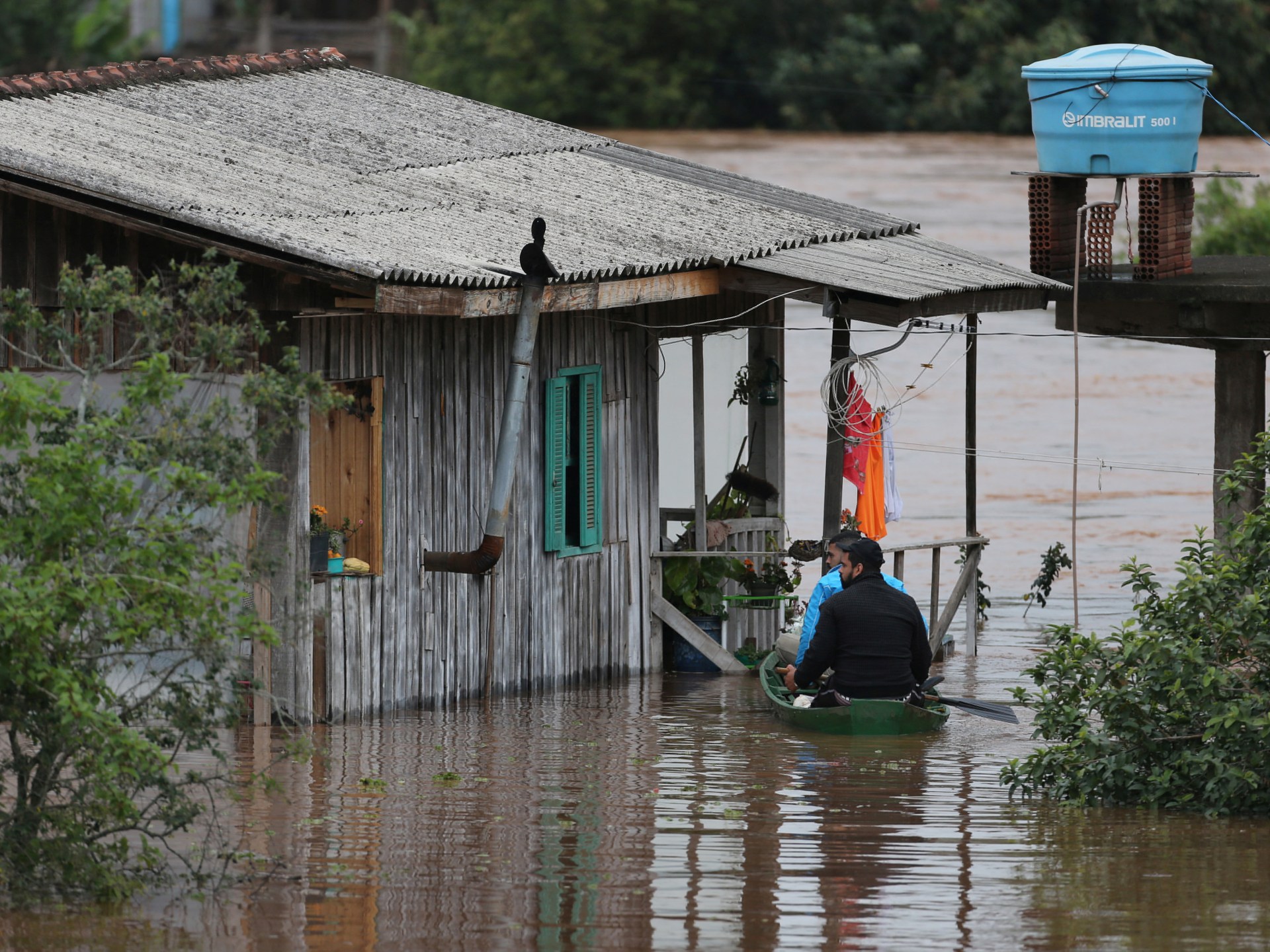Syrian survivors of enforced disappearance call on UN for justice | United Nations News
The UN General Assembly is to vote this week on setting up an independent institution on missing persons in Syria.
At the height of the civil war in Syria, Ahmad Helmi, an activist and human rights defender, became one of the many victims of “enforced disappearance”.
The term describes arrest, detention, abduction or any other form of deprivation of liberty carried out by state agents. Such acts are considered a crime against humanity by the United Nations.
Helmi, who currently lives in the Netherlands and is the founder of Ta’afi, an initiative to support and protect victims of enforced disappearance in Syria, told Al Jazeera that he was arrested in 2012 from the gates of his university by agents of the Syrian government without being told a reason.
“None of my friends and family members knew where I was. To the world, I was a missing person. But I was kept in prisons across Syria and tortured,” he said, adding that it became common practice for President Bashar al-Assad’s officers to arrest and torture people after the civil war began in 2011.
Helmi’s mother began a campaign to find her son, and her search eventually led her to the prison he was in. But she could hardly recognise him.
“Because of how badly I had been tortured, I had lost 35 kilos. My eyes were red, and my skin was yellow in colour. It took my mother a while to realise who I was,” Helmi said.
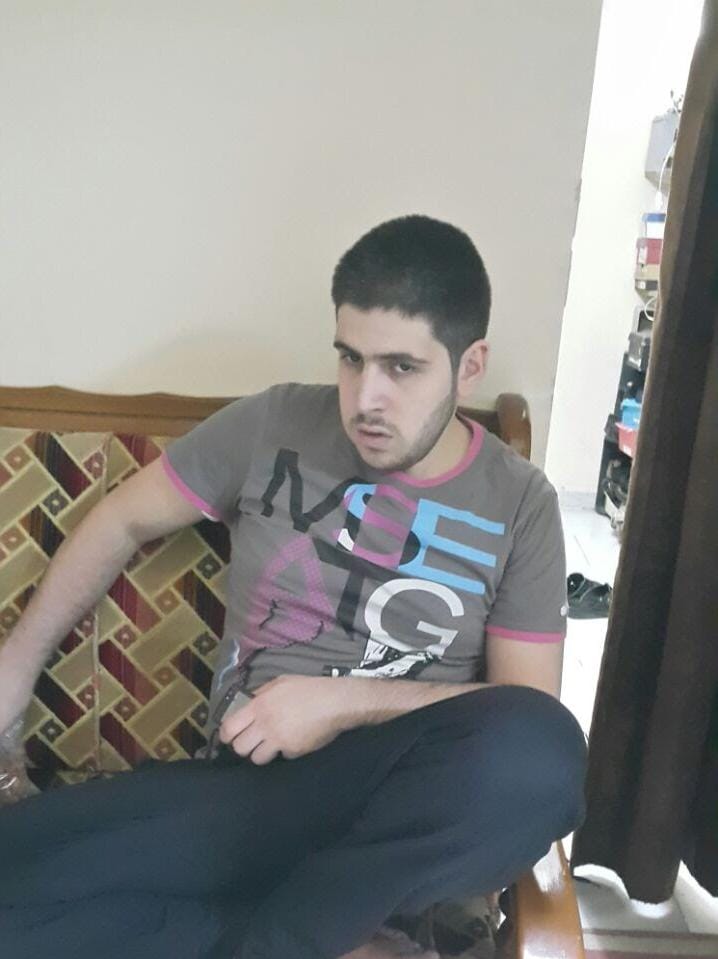
Eventually, Helmi’s mother spent about $30,000 – a big chunk of their family’s savings – on lawyers who secured his release in 2015.
Currently, more than 12 years since the onset of the Syrian war, about 100,000 Syrians are still missing.
Since his release from prison, Helmi has lived in Turkey for a few years before moving to the Netherlands.
Together with other Syrian survivors of enforced disappearance and relatives of those still missing, he has been trying to raise awareness about the issue.
“It is important to set up an independent institution to find missing people in Syria and also other warzones. What we have experienced is a crime against humanity, and our perpetrators have to be held accountable,” Helmi said.
He added that within Europe and elsewhere in the West, survivors had received only messages of solidarity, which they have “got tired of” because such messages do not offer a long-term solution.
“We decided to take matters into our own hands. We looked at the case of enforced disappearance in conflicts in other regions, like Argentina in Latin America, and learned solutions from them,” he said.
“We published a study of our findings in May 2021 and presented it to the United Nations General Assembly,” Helmi said, adding that it has also been backed by UN Secretary General Antonio Guterres.
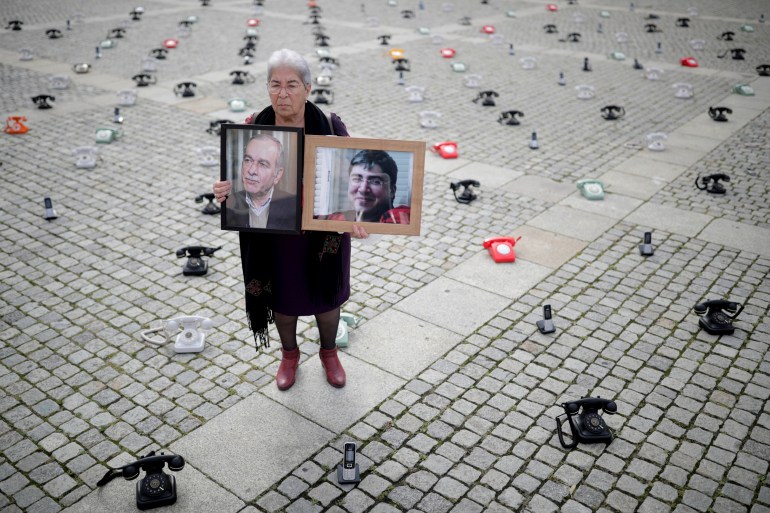
He also spoke to European diplomats on the sidelines of a Syria conference in Brussels this month about the difference between enforced disappearance in Syria and similar cases in Ukraine.
“There is a political will in Ukraine to find people missing due to Russia’s war in the country. But Russia is also supporting Syria’s war and the Assad government, and there is no political will in Syria to find missing people,” Helmi said.
In March, Guterres highlighted that “the crisis of missing persons in Syria is crushing in its enormity” and called on the General Assembly to establish an international mechanism to address cases of enforced disappearance in Syria.
A vote on the matter is expected to take place at UN headquarters in New York on Thursday


